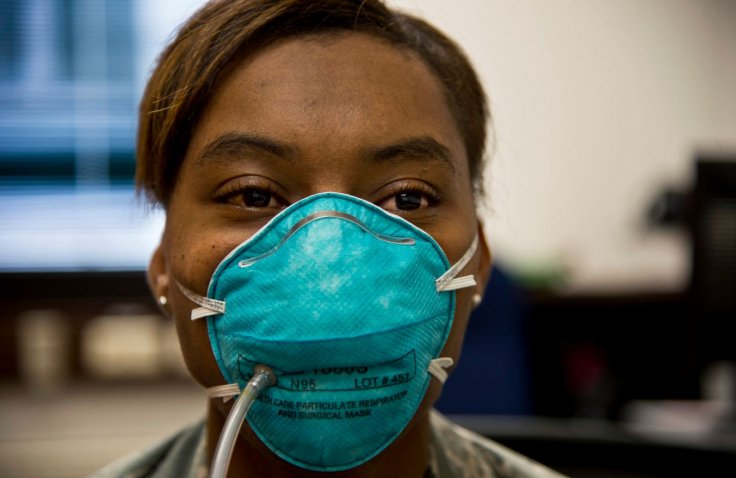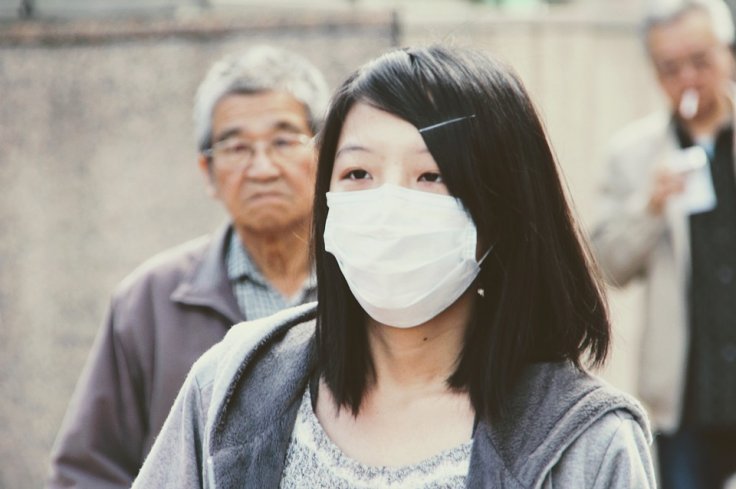The Wuhan coronavirus or 2019-nCoV, has sparked a worldwide panic. Many nations are on high-alert and keeping a vigilant eye to spot suspected cases in order to avoid an epidemic. Though considered by certain researchers as less fatal than Severe Acute Respiratory Syndrome (SARS), the novel virus has claimed 55 lives and infected over 1400 people worldwide.
Much has been spoken about how the disease spreads and the nature of crackdowns upon the spread of the disease. But very little has been deliberated upon the actual treatment that is administered to infected patients. So let us see what the possible treatments are and the possibility of a vaccination soon.
Only alleviation of symptoms
Typically, those infected by the virus have been known to exhibit symptoms similar to flu, such as a cough, fever, congestion of the lungs. Pneumonia has also been found in some patients, especially those with existing chronic health issues and the elderly.
Antibiotics are designed to eliminate bacteria and not viruses. Therefore, physicians can treat the symptoms manifested, however, not the disease itself. Also, there are no vaccines available to inoculate the masses against the virus.
So how can the disease be treated?

The solutions available, are experimental remedial suggestions. For example, The Centers for Disease Control and Prevention (CDC), has proposed some general measures that may help with the management of flu. Drinking sufficient fluids and consuming pain and fever medication is one suggestion that the CDC makes. These medications include aspirin, Tylenol or Paracetamol, and decongestants. Using a room humidifier and taking a hot shower to help alleviate cough and sore throat.
There are other interventions that scientists are investigating. However, they are not approved by bodies such as the FDA. Some of them include convalescent plasma treatments and certain antiviral medications.
While there is sufficient information available about the physical and policy measures that China has implemented to control the spread of the disease, little was known about the course of treatment that is being provided to patients diagnosed with the virus. However, it was reported that China's National Health Commission presented guidelines for treatment and offered a few pointers on the treatment of the disease. It advised hospitals to employ an array of treatments that also included traditional Chinese medicine (TCM) and artificial lungs.
The country's top health body suggested that TCM should be used for treatment depending on the medication categories—damp, hot, toxic and bruised—their conditions fell into. It also stressed that the suggested treatments were not for prevention and that in extreme cases, extracorporeal membrane oxygenation (ECMO) – an artificial heart-and-lung treatment could be used.
Vaccination race
On Sunday, the Chinese Centre for Disease Control and Prevention (CDC) announced that the viruses had been isolated and a strain was being selected. This was according to Xu Wenbo, a director at the CDC's virus institute. Now that the genetic information is available, vaccination may be on the horizon sooner than expected.

With the virus having breached geographical boundaries, research facilities and pharmaceutical companies across the world have jumped into action. According to a report, the newly formed National Institutes of Health (NIH) is collaborating with a Boston-based company, Moderna Inc, to develop a vaccine. Inovio, a Pennsylvania-based biotechnology company, has bagged a $9 million grant from the Coalition for Epidemic Preparedness Innovations from Norway to develop a vaccine targeting the novel coronavirus.
Scientists from the University of Queensland in Australia, with backing from the Coalition for Epidemic Preparedness Innovations (CEPI), a global health emergency group, is said to be working on a vaccine approach, what they call a 'molecular clamp'. Here, a gene is added to the viral protein to give it stability and trick the body into believing that it is facing a live virus and promote the production of antibodies against it.
Maryland-based Novax, that is already working towards the development of a vaccine against another coronavirus, Middle East Respiratory Syndrome (MERS), is now said to be working on a vaccine for the Wuhan coronavirus.
Three months to trials?
The NIH said that the testing for experimental vaccines against the SAR-like coronavirus may begin in 3 months. Anthony Fauci, director, US National Institute of Allergy and Infectious Diseases within NIH, said that if the feat is pulled off, it will be the fastest gene sequence to initial human testing in the agency's history.
Herbert Virgin, Chief Scientific Officer, Vir Biotechnology said that the company has a repository of monoclonal antibodies that have have been limitedly successful against MERS and SARS in the lab. The ability to neutralise coronaviruses was found in some of them and added that may have the potential to treat and prevent (the) Wuhan coronavirus."
(With inputs from agencies)









